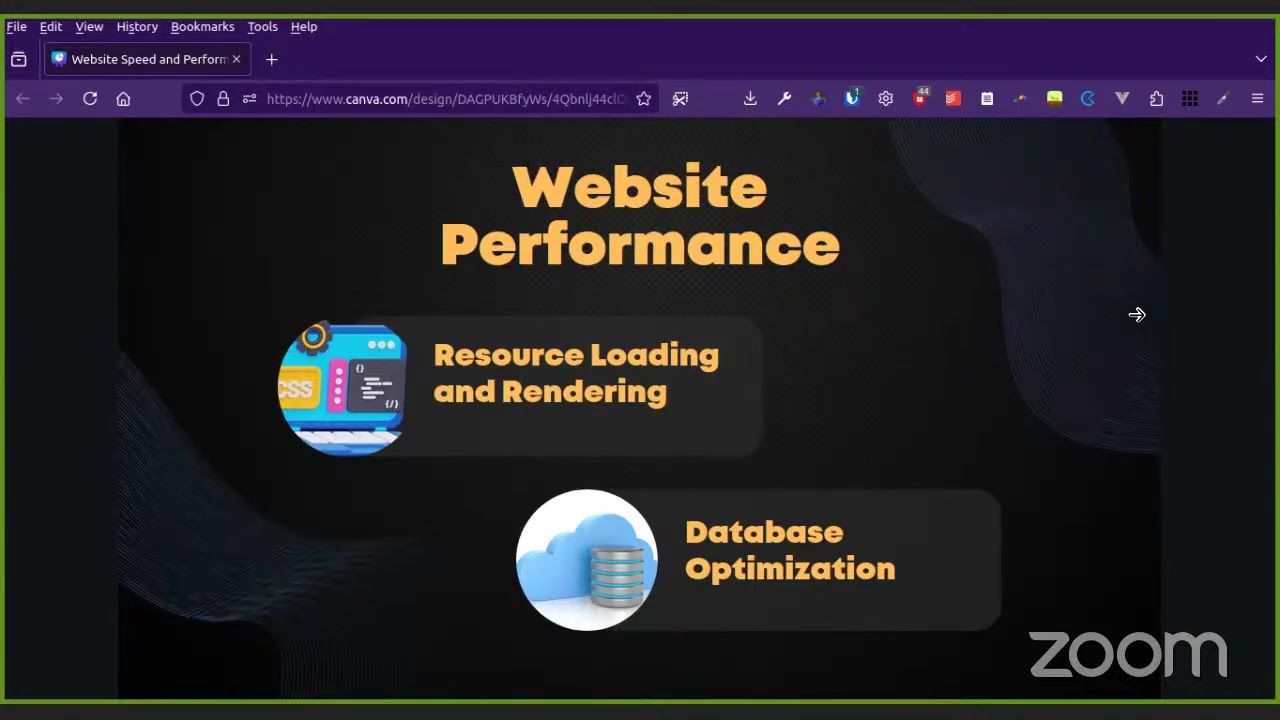
Designing Websites for Speed and Performance
- 0
When it comes to websites, speed and performance are crucial factors that can make or break the user experience. In today’s fast-paced digital world, users expect websites to load quickly and operate smoothly. Slow loading times and sluggish performance can lead to high bounce rates, lower traffic, and ultimately, lost revenue. Therefore, it is essential…
Read More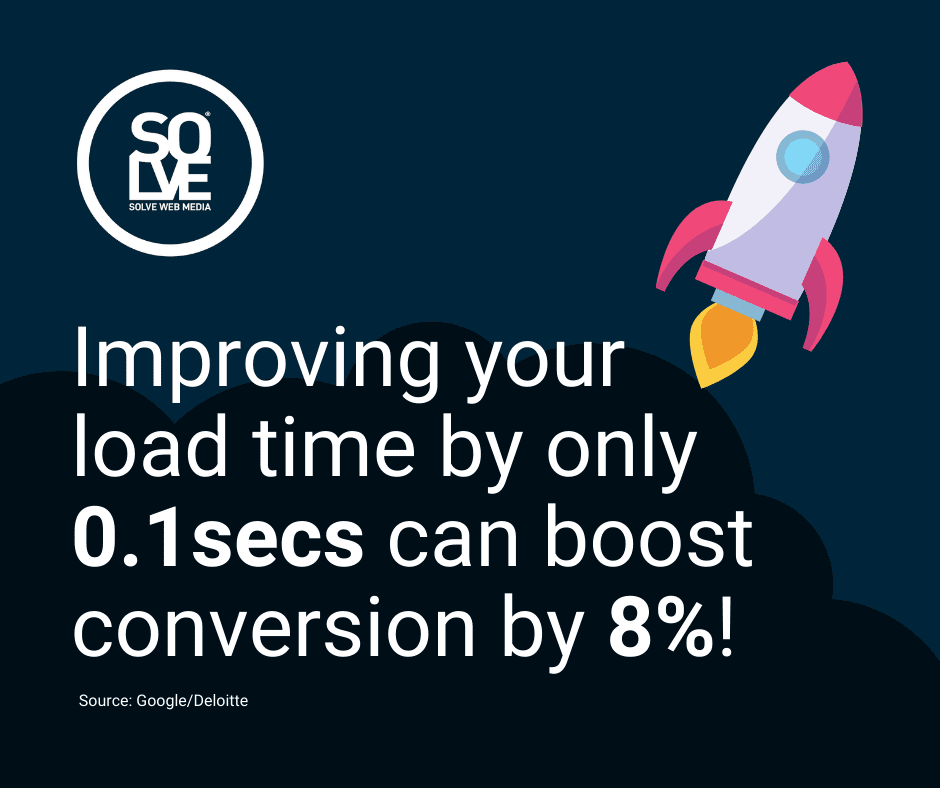
Improving Website Load Times for Better SEO
- 0
In today’s fast-paced digital world, having a website that loads quickly is essential for success. Not only does a fast-loading website provide a better user experience, but it also plays a crucial role in search engine optimization (SEO). In fact, Google has indicated that site speed is a ranking factor for search results, making it…
Read More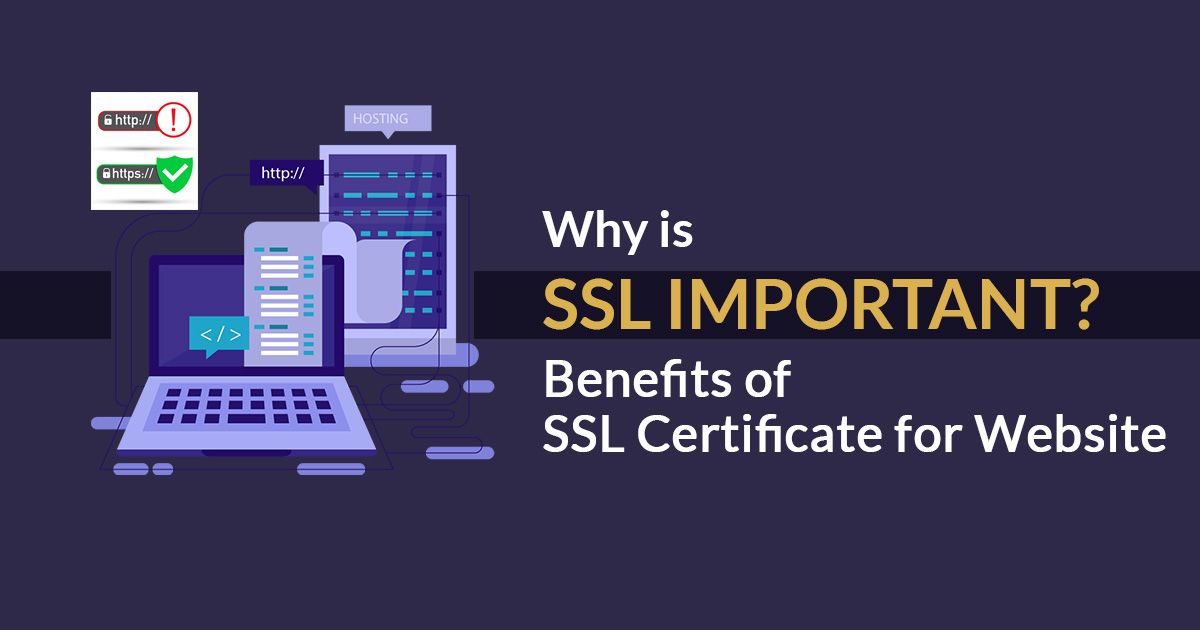
The Importance of HTTPS and SSL Certificates
- 0
In the fast-paced world of technology, cybersecurity is a top priority for every business. One crucial aspect of cybersecurity is the use of HTTPS and SSL certificates on websites. In this article, we will delve into the importance of implementing HTTPS and SSL certificates on your website to ensure the safety and security of your…
Read More
SEO-Friendly URL Structures: A Guide for Developers
- 0
In today’s digital landscape, search engine optimization (SEO) plays a crucial role in driving organic traffic to websites. One key aspect of SEO that developers must pay attention to is the structure of URLs. A well-optimized URL structure can improve a website’s visibility in search engine results pages (SERPs) and ultimately drive more traffic to…
Read More
How to Protect Your Website from SQL Injection Attacks
- 0
SQL injection attacks are a common and potentially devastating threat to websites. These attacks occur when a malicious user inserts malicious SQL code into a website’s input fields, allowing them to access and manipulate sensitive data. To protect your website from SQL injection attacks, it is crucial to implement proper security measures. Here are some…
Read More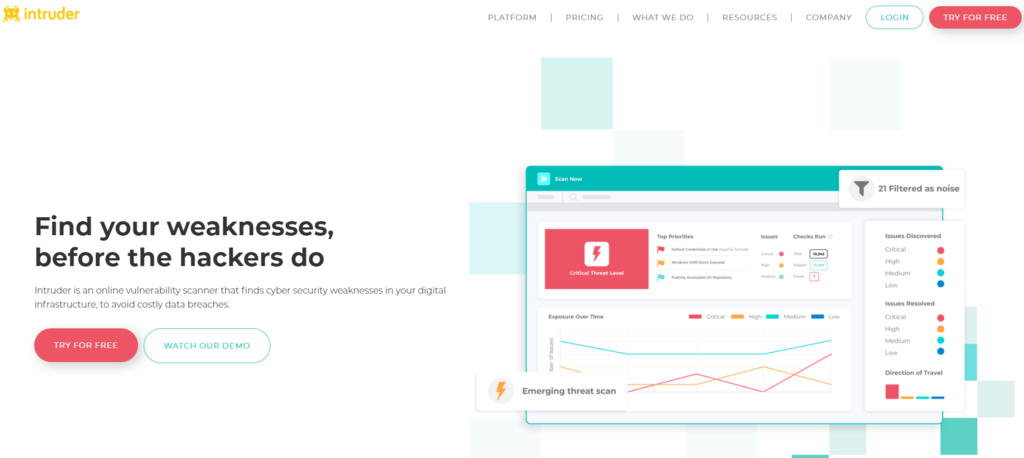
How to Conduct a Security Audit for Your Website
- 0
Ensuring the security of your website is crucial in today’s digital age where cyber threats are constantly evolving. Conducting a security audit is a proactive way to identify vulnerabilities and protect your website from potential cybersecurity risks. In this article, we will guide you through the steps to conduct a thorough security audit for your…
Read More
The Role of JavaScript in SEO: Best Practices
- 0
JavaScript is a powerful tool used by web developers to create dynamic and interactive websites. However, its use can also impact a website’s search engine optimization (SEO) performance. In this article, we will explore the role of JavaScript in SEO and discuss some best practices to ensure that your website is optimized for search engines.
Read More
Top Web Security Practices Every Developer Should Know
- 0
As a developer, it is crucial to prioritize web security in order to protect sensitive data and prevent cyber attacks. By following best practices in web security, you can ensure that your websites are safe and secure from potential threats.
Read More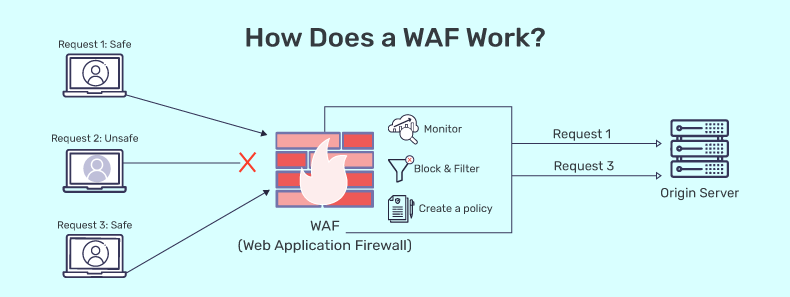
The Role of Web Application Firewalls in Security
- 0
In today’s digital age, with cyber threats becoming increasingly sophisticated and prevalent, the protection of sensitive data and information online is of utmost importance. One crucial component in safeguarding web applications from malicious attacks is the implementation of Web Application Firewalls (WAFs). In this article, we will explore the significance of WAFs in enhancing cybersecurity…
Read More
How to Optimize Your Website’s HTML for SEO
- 0
When it comes to improving your website’s search engine optimization (SEO), one of the most important factors to consider is your site’s HTML. HTML (Hypertext Markup Language) is the code used to structure a web page and its content. Optimizing your website’s HTML can help search engines better understand your content, leading to improved rankings…
Read More